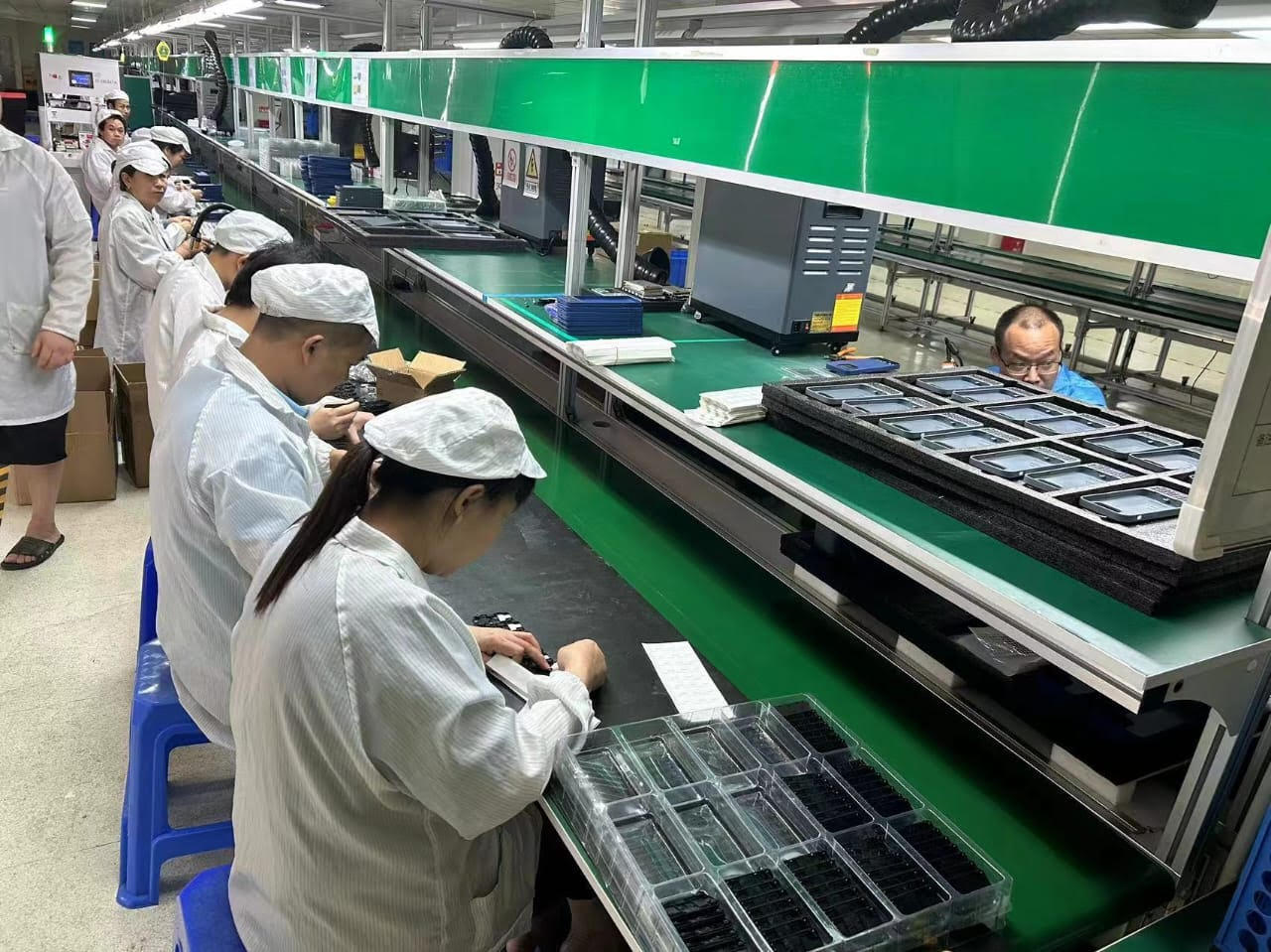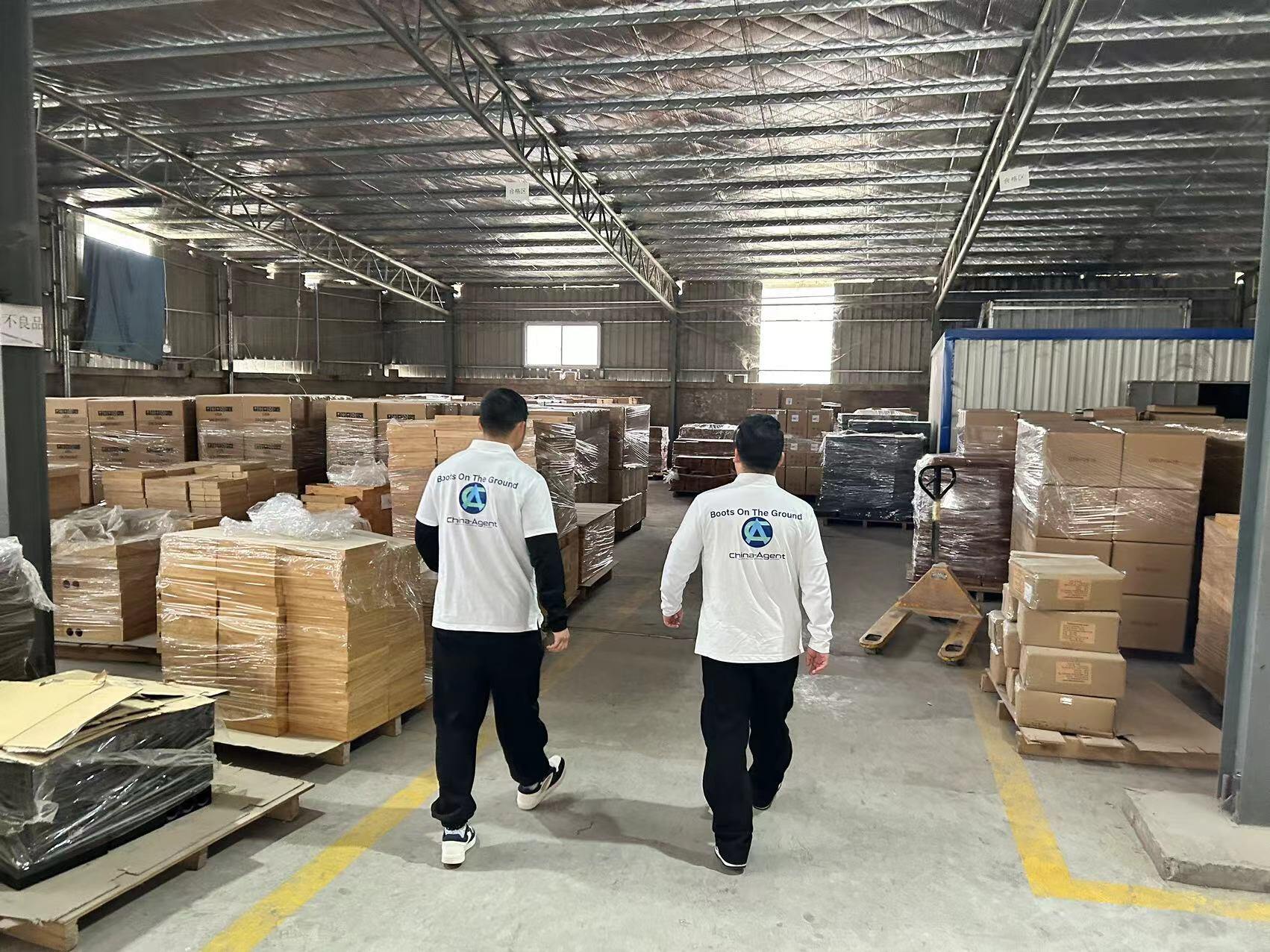The Global Impact of US Semiconductor Export Restrictions on Technology Stocks
Recent developments in the global semiconductor industry have caused significant fluctuations in technology stocks worldwide. Here’s a detailed look at the situation and its broader implications:
Key Developments:
-
US Export Restrictions: The Biden administration is reportedly considering further tightening restrictions on exports of semiconductor equipment to China. This follows previous actions in October 2023, where the US restricted exports of advanced semiconductors used in artificial intelligence (AI) technology to China (China Briefing) (China Briefing).
-
Impact on Technology Stocks: The news of potential new restrictions has led to a significant sell-off in technology stocks globally:
- US Market: The tech-heavy Nasdaq index fell by 2.7% on Wednesday. Major chipmakers like Nvidia and AMD saw their stocks decline by 6.6% and over 10%, respectively (United States Trade Representative) (China Briefing).
- Asia: Taiwan Semiconductor Manufacturing Company (TSMC) dropped 2.4%, and Japan’s Tokyo Electron saw a significant decline of 8.8%.
- Europe: ASML, a key player in the chip-making machinery market, experienced a near 11% drop (United States Trade Representative).
-
Geopolitical Tensions: Former US President Donald Trump’s comments suggesting that Taiwan should pay for its own defense have added to the concerns. Taiwan is the world's largest producer of advanced chips, and any geopolitical instability could disrupt global supply chains (China Briefing).
The Ubiquity of Semiconductors
Semiconductors are Everywhere: Semiconductors are critical components found in almost every electronic device, from the simplest household appliances to the most sophisticated computing systems. This ubiquity means that any disruption in the semiconductor supply chain can have widespread implications across various industries. For instance, even everyday items like toasters, coffee makers, and washing machines rely on semiconductors to function efficiently. This highlights the interconnected nature of global supply chains and the cascading effects of semiconductor shortages.
Implications for the Semiconductor Industry:
1. Supply Chain Disruptions: Potential restrictions could limit China's access to advanced semiconductor technology, which might slow down its technological advancements and disrupt global supply chains.
2. Market Volatility: The semiconductor industry is highly sensitive to geopolitical developments. Any changes in export policies or geopolitical tensions can lead to significant market volatility.
3. Long-term Trends: Despite the short-term disruptions, the long-term outlook for the semiconductor industry remains positive. Advances in AI, 5G, and other technologies continue to drive demand for semiconductors (China Briefing).
How China Agent Ltd Can Help:
1. Monitoring Geopolitical Developments: We provide ongoing monitoring of geopolitical developments and their potential impact on supply chains, helping businesses stay informed and prepared.
2. Strategic Planning: Our team assists in developing strategic plans to mitigate risks associated with supply chain disruptions, including diversifying suppliers and exploring alternative markets.
3. Negotiations: We leverage our expertise to negotiate better terms with suppliers, ensuring that businesses can secure the necessary components at competitive prices despite market volatility.
4. Technology Integration: We help businesses integrate advanced technologies to improve supply chain efficiency and resilience, ensuring they can adapt to changing market conditions.
Conclusion
The recent developments in the semiconductor industry underscore the importance of staying informed about geopolitical changes and their potential impact on global trade. By understanding these trends and preparing accordingly, businesses can navigate uncertainties and capitalize on emerging opportunities while mitigating potential risks.




